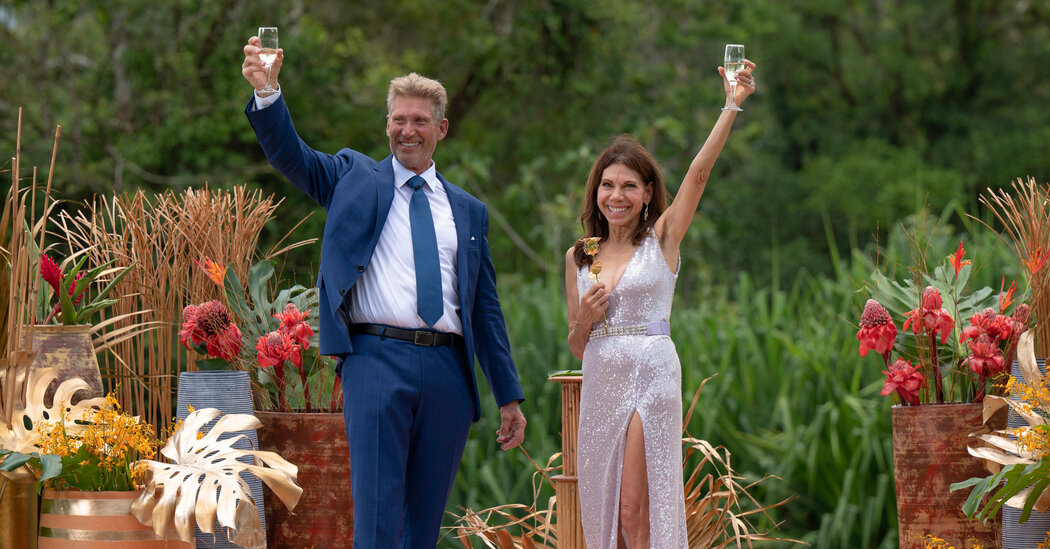
The season premiere of any installment in “The Bachelor” franchise always starts the same: with the host talking directly to camera about the lead’s almost-certain path to finding lasting love. Unlike other popular reality dating shows, the franchise markets itself as a genuine chance to find love without any other incentives like cash prizes.
But it’s actually not all that probable: Of the 40 combined seasons of “The Bachelor” and “The Bachelorette,” only eight couples have stayed together — not great betting odds.
Morale in the franchise was low going into 2023, with no recently minted couples still together, until ABC announced a hopeful new twist. “The Golden Bachelor” pledged to aid then-72 year-old Gerry Turner make the most of a second chance at love following the death of his wife. At season’s end, he proposed to Theresa Nist in a teary finale. In January their wedding was televised on ABC. By April, they’d announced plans to divorce.
That breakup felt like the last straw in believing this franchise could foster lasting love, so to look into why “The Bachelor” rarely makes good on its premise, we spoke to the former Bachelorettes Kaitlyn Bristowe and Tayshia Adams, as well as the former contestants Tyler Cameron and Melissa Rycroft about the flaws that doom the reality franchises’ lovebirds.
The main prize might not be the catch you thought.
Many love-related reality television shows that are on the air today — think “Love Island,” “Are You the One?” or even “Bachelor in Paradise” — allow for participants to intermingle in environments specifically designed to mimic some version of real life.






